United voices for 16 Days of Activism of Gender-based violence
In the evolving landscape of Myanmar, where diverse cultures and histories intertwine, the persistent issue of gender-based violence is deeply rooted in country’s social context. In Myanmar, one in five married women have experienced physical, sexual, or emotional violence by their intimate partners in their lifetime according to Myanmar Demographic and Health Survey - MDHS (2015-2016.) In addition, the report underscores that only less than 8 per cent of 15 to 19-year-olds who have experienced physical and sexual violence in Myanmar have sought help.
The current crisis situation has worsened this challenge. Conflicts and instability have led to increased vulnerability for women and girls, exacerbating the risks of gender-based violence in communities.
In this challenging background, the '16 Days of Activism against Gender-Based Violence' campaign is more than just a movement; it's a crucial effort to spotlight and call for the action to end all forms of violence experienced by women and girls in Myanmar.
The myriad of voices from its communities - women leaders, activists, youth, LGBTQIA+ and partners bring unique perspectives and resolution. They highlight the need for not only awareness and advocacy but also for concrete actions and more investments to prevent and ultimately end violence against women and girls in Myanmar.
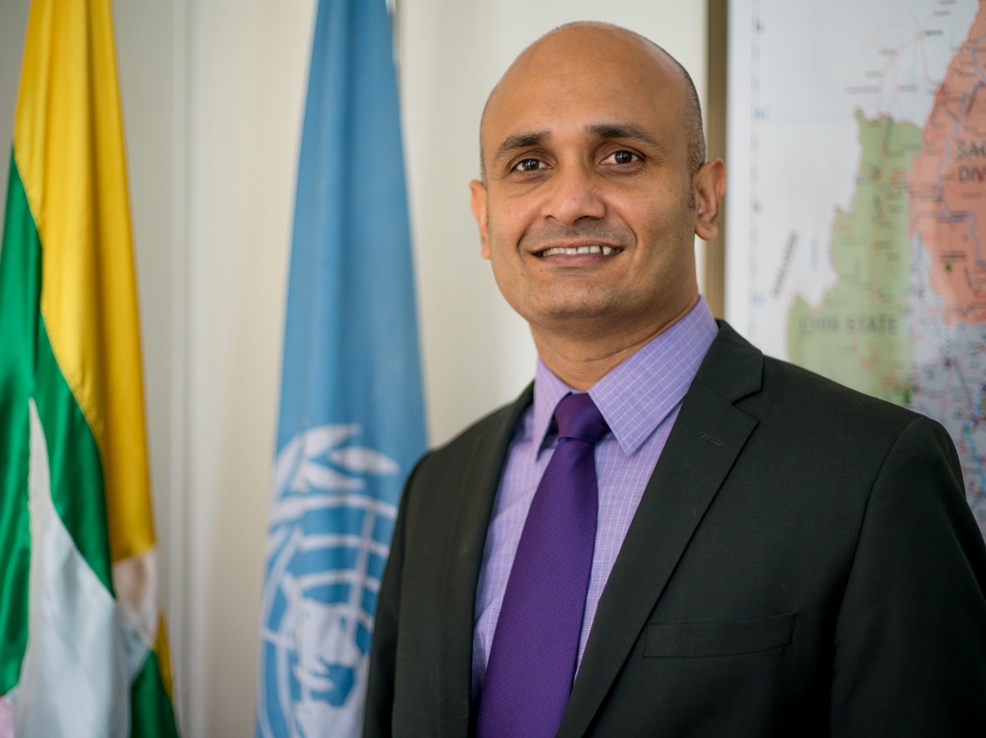
Ramanathan Balakrishnan
Ramanathan Balakrishnan, UNFPA Representative for Myanmar:
"The conflict in Myanmar has only further worsened what was already unacceptable levels of incidences of violence against women. The need of the hour is to enable access to services for survivors and hold the perpetrators accountable. This means ensuring that local organisations who are the closest to the survivors and communities at risk are supported financially and technically and legal services are made available. This means ensuring safety of not only the survivors, but also the frontline service providers. Much more needs to be done for people with disabilities on prevention from and response to Gender Based Violence. The limited humanitarian funding for protection is a larger systemic issue that limits GBV prevention and response services"
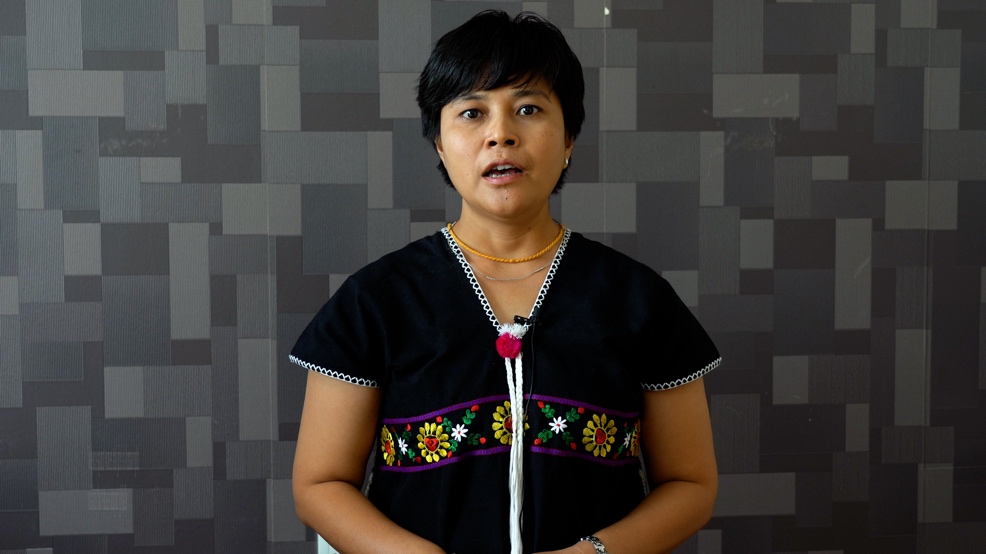
Nge Nge Tun
Nge Nge Tun, Regional Head & Advocate, Legal Clinic Myanmar:
"The pervasive issue of violence against women and girls stands as a stark violation of human rights, prevalent across the globe. It is deeply concerning that only a negligible portion of resources is allocated towards prevention. In our role as implementers on the ground, we are confronted daily with the critical, urgent needs of those affected. We strongly advocate for and urge the international community and stakeholders to prioritize and channel substantial support towards preventive measures. It is only through proactive and sustained investment in prevention strategies that we can hope to stem the tide of this global crisis."
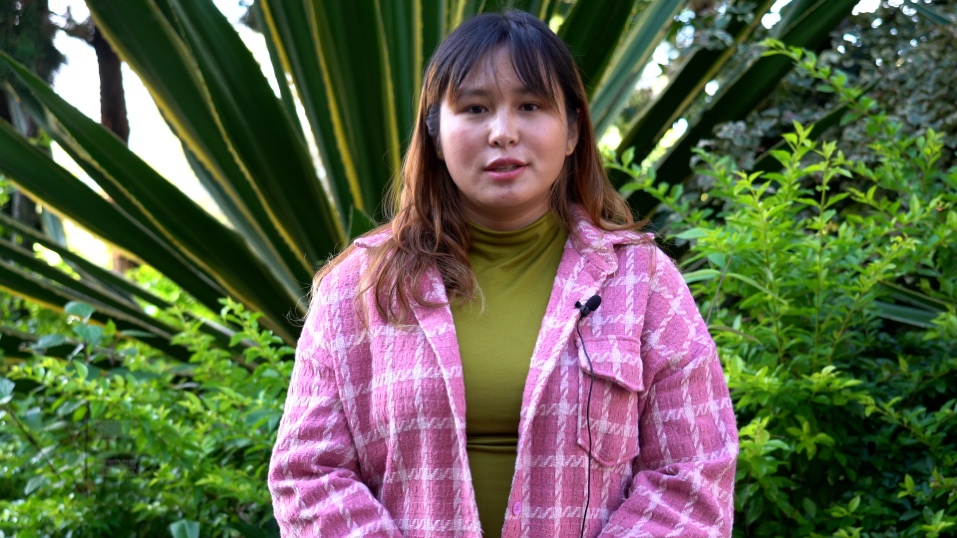
Nang Htet Htet Oo.
Nang Htet Htet Oo, GBV Frontline Worker:
“Healing from gender-based violence requires more than just words; it demands action and resources. As GBV frontline worker, I urge for increased investment in services and support systems that foster recovery and resilience of the survivors.”
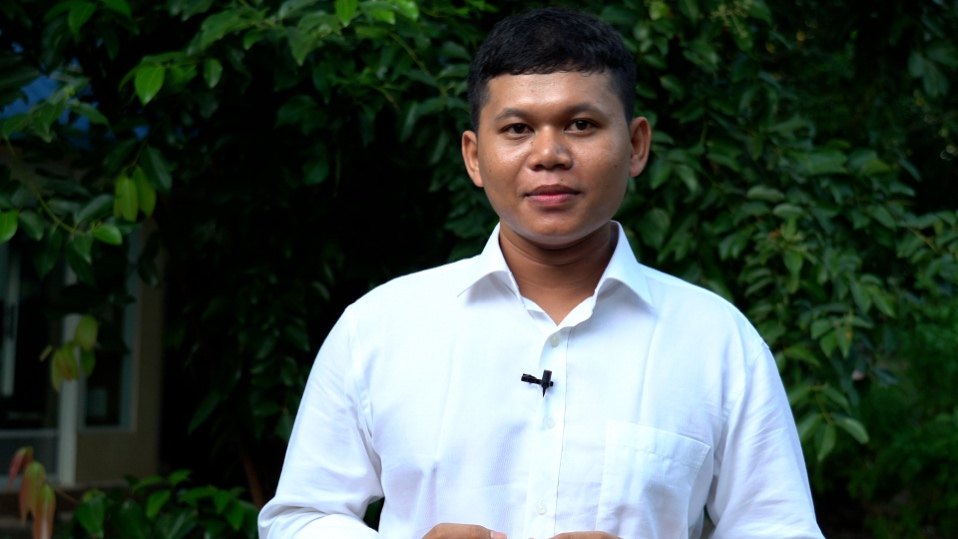
Htet Khaung Soe
Htet Khaung Soe, LGBTQIA+ Activist:
"As a member of the LGBTQIA+ community, we often face unique challenges and forms of violence. It's imperative that our voices are heard and our safety ensured. Investing in GBV prevention means creating a world where everyone, regardless of their identity, can live without fear."
In a world where almost one in three women have been subjected to violence, the urgency to act is undeniable. The community's voices exemplify stories of resilience and determination, as well as the transformative power of collective action.
Ei Thant Sin
Ei Thant Sin, Person with Disabilities Advocate:
"Women with disabilities encounter compounded forms of discrimination and violence. Our struggles might be invisible to some, but they are real. Investing in disability inclusive gender-based violence prevention strategy is not just a need—it's a right for all."
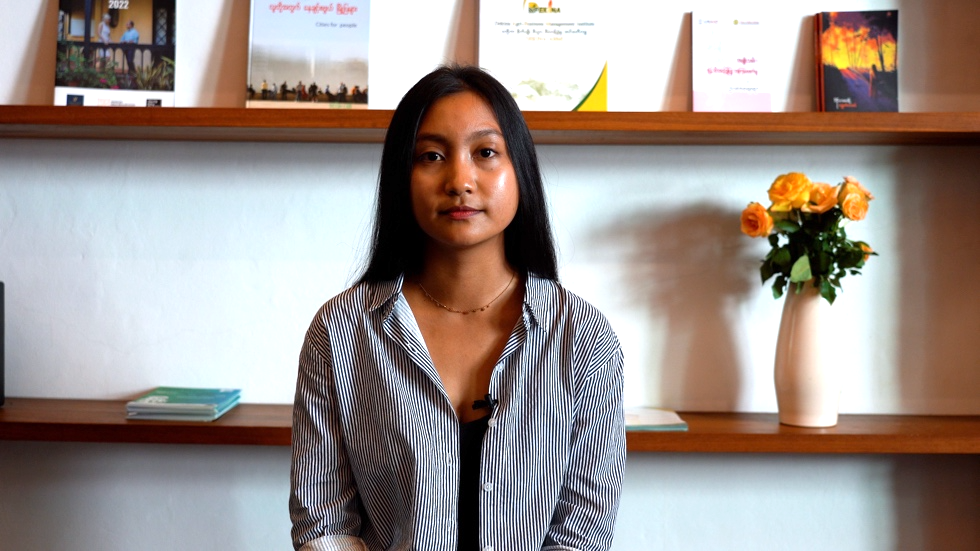
Thadar Pwint Htet
Thadar Pwint Htet, Youth Advocate:
"We the youth are more than just the leaders of tomorrow; we're the changemakers of today. Domestic violence shatters lives and homes, and it's up to us to raise our voices against it. We need education that empowers us to speak out and act, and support from our communities to make our advocacy resonate."
The UNiTE campaign's focus on financing GBV prevention strategies is echoed in the community's call for action. Investing in violence prevention is not just a moral imperative but a critical component of sustainable development and gender equality.
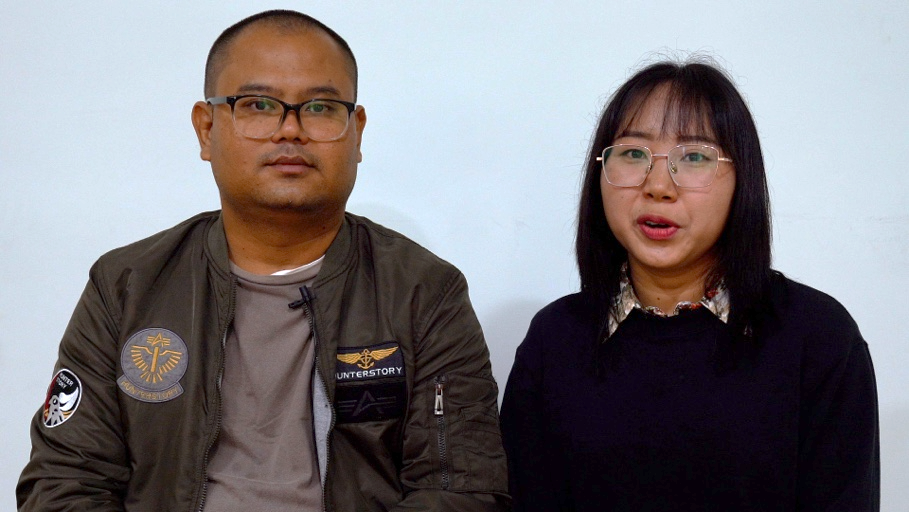
Kyaw Thwin Htoo & Mai Van Neipar
Kyaw Thwin Htoo and Mai Van Neipar, Local couple:
"We stand together as a couple to say that violence has no place in our home or community. It's a cycle that we must break by investing in education and support systems that teach respect and equality."
The voices of our community heroes are not mere echoes of struggle; they are powerful testimonies to the potential for change. These diverse messages of women leaders, activists, and youth align closely with one of the three transformative goals for 2030, also known as ‘three zeros’ goals: zero gender-based violence and harmful practices.
Every effort, every resource committed to end gender-based violence is a step towards a future where women and girls live free from violence. It is the unity and investment that can make a difference - the real difference that can transform lives and communities where everyone has equal rights.

